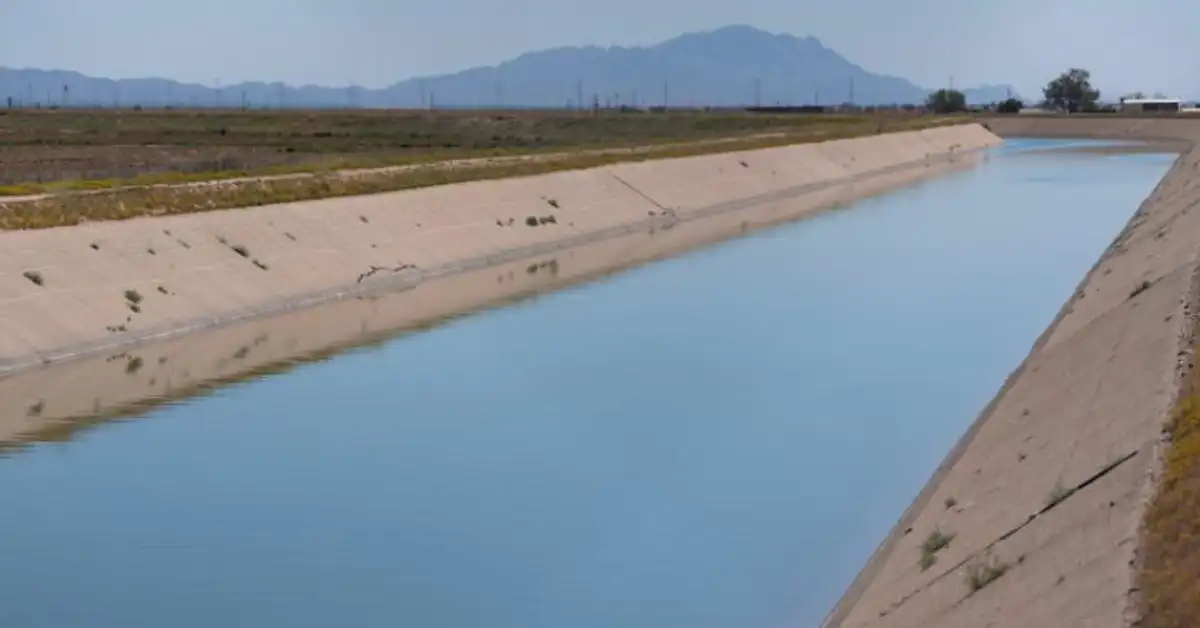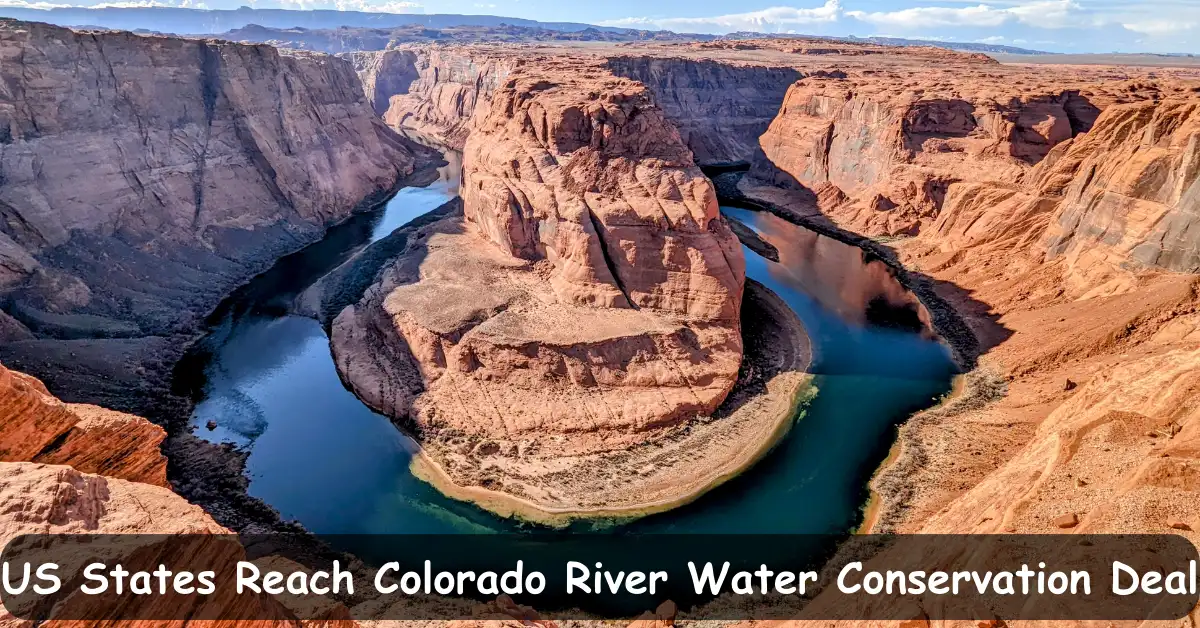Seven states in the western United States have reached a “historic consensus” on how to save water from the Colorado River. This is a big deal in an area where drought has made water allocation a point of debate.
In a statement released on Monday, the US Department of the Interior (DOI) said that Arizona, California, and Nevada, the three states that make up the Colorado River Basin, had agreed to take voluntary steps to save 3 million acre-feet (3.7 billion cubic meters) of water through 2026. This means about 13 percent less water will be used over three years.
“There are 40 million people, seven states, and 30 Tribal Nations who rely on the Colorado River Basin for basic services such as drinking water and electricity,” On Monday, Secretary of the Interior Deb Haaland released a statement.
“Today’s announcement is a testament to the Biden-Harris administration’s commitment to working with states, Tribes and communities throughout the West to find consensus solutions in the face of climate change and sustained drought.”
Today’s historic announcement is a testament to the President’s Investing in America agenda and our commitment to work with states, Tribes and communities throughout the West to find consensus solutions in the face of climate change and sustained drought. https://t.co/ynJX680fAw
— Secretary Deb Haaland (@SecDebHaaland) May 22, 2023
Since the 1900s, the water flow along the Colorado River has dropped by about 20 percent. This is because climate change is making droughts in the western US worse.
Faced with the possibility that the river will dry up, states that depend on it have argued about how to reduce their use and which areas should take the most significant cuts.
Indigenous communities, who haven’t been included in discussions about the river and water use in the past, have also become a source of concern.
The federal government has tried to unite the states, and the DOI press release doesn’t say how the cuts will be split.
The river’s upper basin comprises the states of Wyoming, Colorado, Utah, and New Mexico. The lower river basin includes the states of California, Arizona, and Nevada.
All seven states agreed to a plan on Monday that would temporarily stop the US Bureau of Reclamation from forcing mandatory cuts on the lower basin states. This meant that a deal could be reached on Monday.

In a statement on Monday, President Joe Biden linked the deal, which he called an “important step forward,” to more giant steps his administration has taken to fight climate change and improve infrastructure. He praised the “record resources to support water conservation and improve the Colorado River’s long-term sustainability.”
The terms of the deal say that California, Arizona, and Nevada will get $1.2 billion from the federal government in exchange for cutting their water use by 3 million acre-feet (3.7 billion cubic meters).
If you want to see other recent news, you can click on the link given below:
- Tennessee Makes Its Third-grade TCAP Results Public!
- Political Landscape Shifts as Delaware Sen. Tom Carper Decides to Step Down
- Martha Stewart Age: Stewart, 81, Sets Records as Sports Illustrated’s Swimsuit Cover Star!
JB Hamby, the head of the California Colorado River Board, said California alone would lose about 1.6 million acre-feet (2 billion cubic meters) of water.
Due to a drought that has been going on for decades, water reservoirs in the area have reached record lows in recent years. The water levels are decreasing because of climate change, rising demand, and overuse.
Even though California’s drought worries have been temporarily eased by a very wet winter, getting water will likely be a problem for the western US for many years.
Keep yourself updated with all the latest news from our website, journalistpr.com, and get all the recent updates.

Leave a Reply